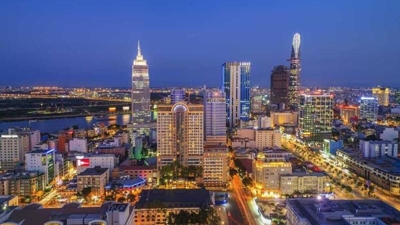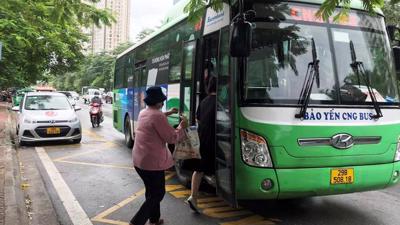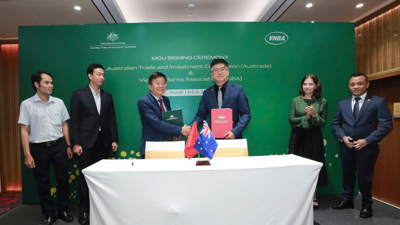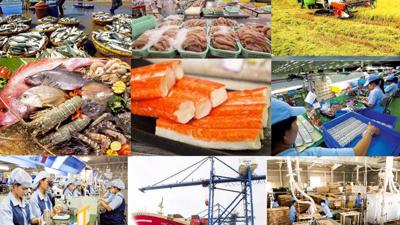Deputy PM calls for green transition roadmap for aviation industry
Sustainable Aviation Fuel should be integrated into Vietnam’s strategy for building a circular, green, and sustainable economy.
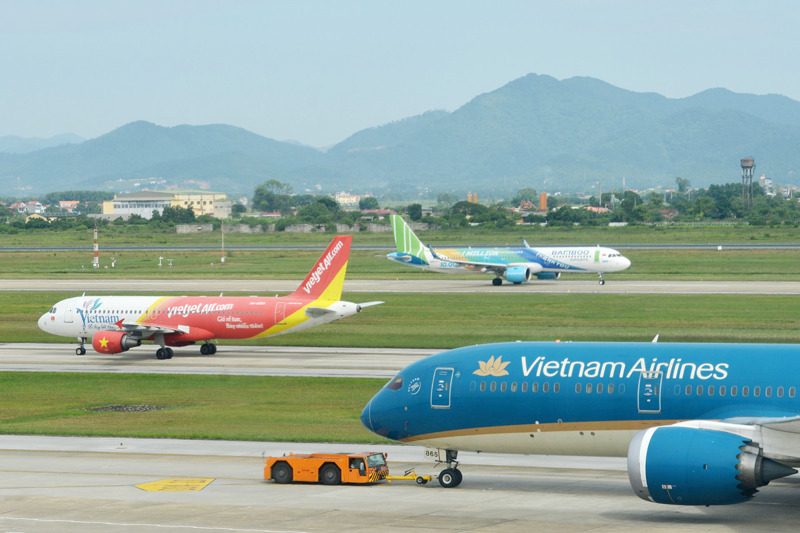
Deputy Prime Minister Tran Hong Ha has stressed an urgent need to develop a master plan for Sustainable Aviation Fuel (SAF) development and to actively participate in the Carbon Offsetting and Reduction Scheme for International Aviation (CORSIA), aiming to achieve the dual goal of enhancing the aviation sector's competitiveness while fulfilling commitments to reduce greenhouse gas emissions.
Chairing a May 20 policy meeting, Deputy PM Ha reaffirmed that participation in the CORSIA Program is an inevitable trend, reflecting Vietnam’s international responsibility and opening new opportunities for the country’s aviation industry to adapt to increasingly stringent technical regulations.
He underscored that SAF should be integrated into Vietnam’s strategy for building a circular, green, and sustainable economy.
To facilitate this, he assigned the Civil Aviation Authority of Vietnam (CAAV) to urgently complete the necessary documentation for the Ministry of Construction to submit for CORSIA registration approval, ensuring compliance with the ICAO's roadmap.
At the same time, the Ministry of Construction will collaborate with ICAO to receive support in technical consultation, human resource training, and the development of standards and regulations related to CORSIA implementation.
The Ministry of Construction will also spearhead efforts to draft and submit a pilot decree to the Government, establishing guidelines for SAF adoption and CORSIA execution within the aviation sector, including domestic flights. The decree will encourage domestic SAF production, support the establishment of a national certification body, and pave the way for the creation of a standard-compliant laboratory to conduct self-assessment and certification of SAF.
Meanwhile, domestic petroleum production and processing enterprises are expected to proactively develop proposals for SAF production, addressing key factors such as technology, land, taxes, financial planning, and market assessments, ensuring efficiency while avoiding internal competition.


